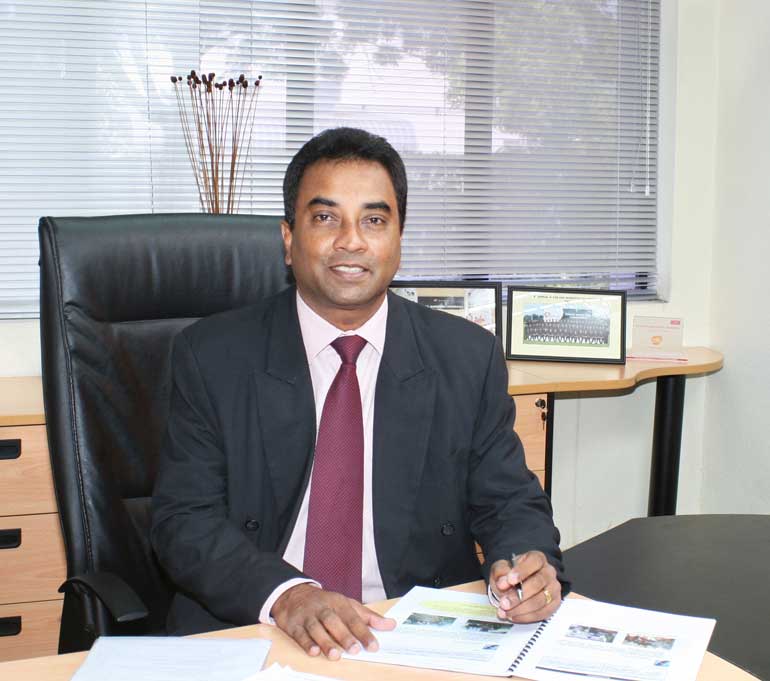Sunday Feb 22, 2026
Sunday Feb 22, 2026
Thursday, 20 August 2015 00:00 - - {{hitsCtrl.values.hits}}
 Stuart Chapman
Stuart Chapman
GlaxoSmithKline (GSK) Pharmaceuticals’ trailblazing new sales force remuneration program that eliminates individual sales targets, has been successfully implemented in Sri Lanka following execution over the past 18 months in 150 countries in which the global pharmaceuticals giant operates.
The new remuneration methodology is based on the core principle that GSK Pharmaceuticals will not link remuneration to individual sales representatives with the achievement of sales targets. Instead, the company’s sales representatives are now evaluated and rewarded for their technical skills, scientific knowledge and customer understanding, the quality of the service they deliver to support improved patient care and the overall performance of GSK’s business.
“This is an industry-leading initiative that is aligned with GSK’s values and puts patients’ interest at the centre of all our decisions,” said GSK Pharmaceuticals in Sri Lanka Managing Director Stuart Chapman. “The new model was implemented in Sri Lanka at the start of 2015 and we have already received positive feedback from healthcare professionals and our sales representatives.”
He said the new remuneration model is designed to bring greater clarity and confidence that whenever GSK sales representative talk to doctors, it is patients’ interests that come first. “We recognise that the company has an important role to play in providing medical professionals with information about its medicines. The new method of evaluating sales representativesensures that this is done clearly, transparently and without any perception of a conflict of interest,” Chapman explained.
The new remuneration system applies to all GSK Pharmaceuticals sales employees who work directly with prescribing healthcare professionals. Implementation of the new system started in certain countries from January 2014 and is subject to local consultation and conformance with local employment laws.
This initiative builds on the steps already taken by GSK to increase access to medicines and operate more openly and transparently. GSK topped the Access to Medicine (ATM) Index – an independent and robust measure of how pharmaceutical companies perform on improving access to medicines in the world’s poorest countries – for the fourth consecutive time in 2014.
One of the world’s leading research-based pharmaceutical and healthcare companies, GSK is committed to improving the quality of human life by enabling people to do more, feel better and live longer. GSK and its predecessors have been doing business in Sri Lanka since the late 1930s. For further information please visit www.gsk.com.